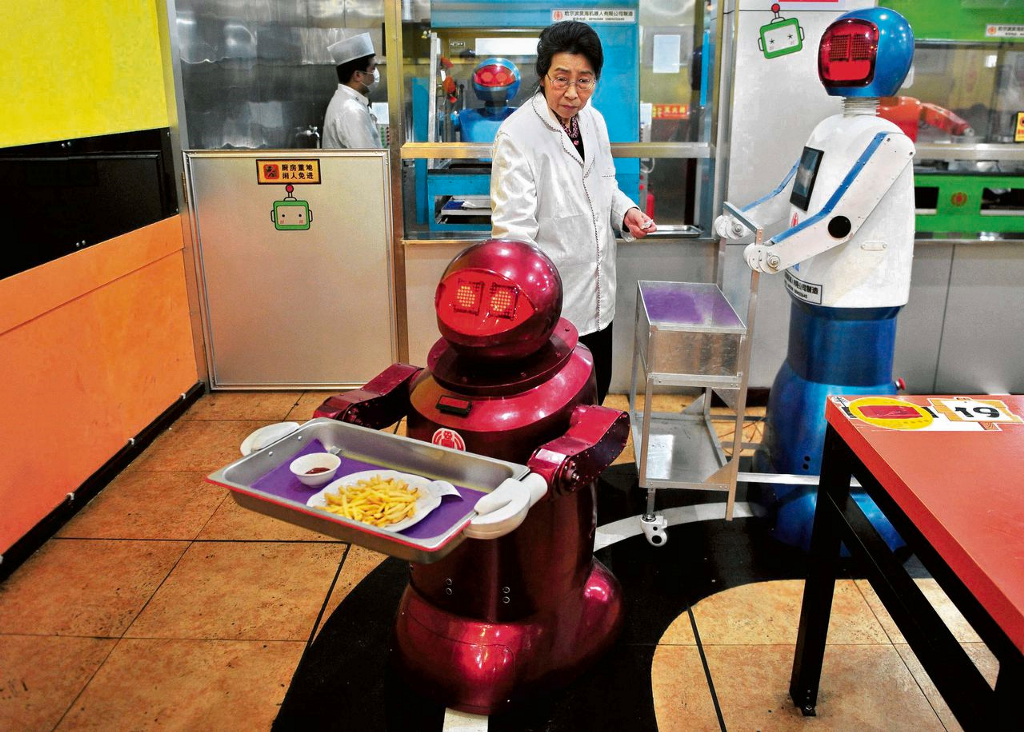The “Sputnik” moment for China came a year ago when a Google computer program, AlphaGo, beat the world’s top master of the ancient board game of Go. Now, China is racing to become the world leader in artificial-intelligence, or AI. Last week, China’s State Council laid out its intent to own the AI market in 2030.
China is investing heavily with multibillion-dollar investment initiatives for “moonshot” programs, start-ups and academic research in A.I. Local governments are laying plans and building research centers devoted to AI. The Chinese AI-enabled market is expected to be worth as much as $150 billion by 2030.
China recently beat Microsoft to the punch in giving computers the ability to match human skills in understanding speech. The Chinese software came months before Microsoft did the same with their own version of speech-recognition software.
Many Chinese firms have quietly become significant investors in U.S. AI startups as well. “China’s ambitions mingle the most far-out sci-fi ideas with the needs of an authoritarian state: Philip K. Dick meets George Orwell,” Paul Mozur and John Markoff wrote in The New York Times. “There are plans to use it to predict crimes, lend money, track people on the country’s ubiquitous closed-circuit cameras, alleviate traffic jams, create self-guided missiles and censor the internet.”
The new plan states that China should match the rest of the world by 2020 and achieve “major breakthroughs” by 2025. By 2030, the plan says, AI should lay the foundation for China’s economic dominance, Will Knight writes in MIT’s Technology Review. The potential military applications has some alarm bells ringing in Washington, but the lost economic opportunities may be a bigger threat.
The U.S. is slashing funding that has traditionally supported A.I. research. President Trump’s proposed budget to cut the National Science Foundation’s spending on “intelligent systems” to about $175 million. Google and Facebook, along with Microsoft and every major tech player, all are investing heavily, and have the lead, for now.
This spring, Google’s AlphaGo won again, beating the best player in the world, 19-year-old Ke Jie. “Last year, it was still quite humanlike when it played,” said Mr. Ke, a Chinese national. “This year, it became like a god of Go.”











